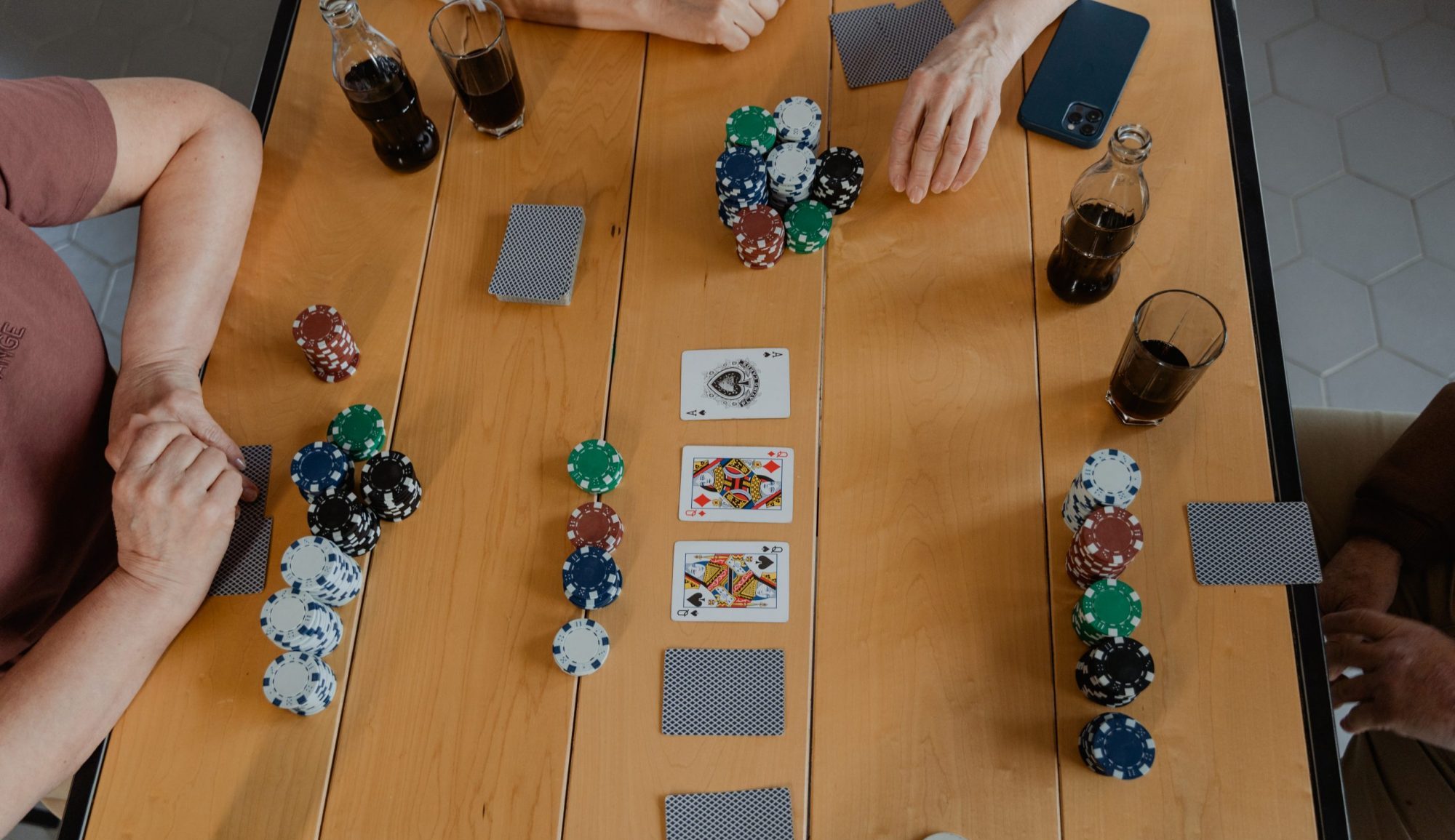
The world’s greatest poker players rake in millions each year. This is the main reason why most people want to get into poker in the first place. However, money is far from being poker’s only reward.
While risk is an inherent part of the game, poker is largely a game of skill. You can’t just become a great or even an okay player overnight. You not only have to spend a significant amount of time at the poker tables, you also need the intention to constantly improve your game over time. Alongside working on your game, you also need to hone certain mental and social skills in the process.
Mathematical Intelligence
You don’t need to be a genius at mathematics to be good at poker, but it certainly helps. Most poker rounds are won by the most logical players who know how to leverage mathematical probabilities. In simple terms, every poker card or hand has a corresponding probability or likeliness of ending up in your hand. For instance, you’re likely to get a pair of aces, kings, queens, jacks, or tens once every 29 hands – and those are just for the top starting cards.
While familiarizing yourself with the probabilities may seem daunting at first, it becomes easier with practice. For long-time poker players, tapping into this knowledge becomes second nature, a programmable reminder to approach not just poker tables with this methodology but any situation. If you actively develop your poker strategy in this direction, repeatedly playing the game can help cultivate mathematical intelligence.
Having Patience
You need strategy to win poker games, and any proper strategy entails patience. Being a fast-paced game, poker demands quick decision-making. At the same time, it rewards those who take their time to analyze all the factors at play. Take it from Phil Ivey, known by many as the greatest player in the world. When asked about his greatest weakness, Ivey admits that he “acts too fast on some of his hands.” Even in the top echelons of the game, having and exercising patience is a challenge. “I’ll bet too quick or bluff someone too quickly, instead of thinking about the situation.”
As the player recalls, this has led to many regrettable decisions that wouldn’t have happened had he exercised a bit of patience. From the greenest amateurs to the grizzliest veterans, cultivating patience is a constant exercise during every poker game, round, or hand.
Emotional Intelligence
Whether you’re playing for real money or not, both winning and losing comes attached to different emotions. Between bouts with pride, anger, sadness, jealousy, and other feelings, it is the job of emotionally intelligent poker players to stay calm and logical. At the tables, emotional intelligence determines your ability not to fall for bluffs, bet the right amounts, or fold when you need to. Every poker hand or round is a test of emotional intelligence – when the stakes are high, every key decision can easily become a mental battle against yourself. In short, poker can train you to rise above your own emotions and consistently arrive at the most logical decisions.
Reading People
Knowing how to read your opponents’ intentions and moves can allow you to more intelligently impose your will. This includes understanding non-verbal communication cues, such as the meanings behind gestures, facial expressions, and changes in posture. Chatting with your fellow players at the table may reveal some clues as well – although this comes with the risk of exposing your own psychological tells. In time, playing enough rounds of poker can give you instinctive insights into people’s reactions, which can be useful whether you’re on or off the tables.
